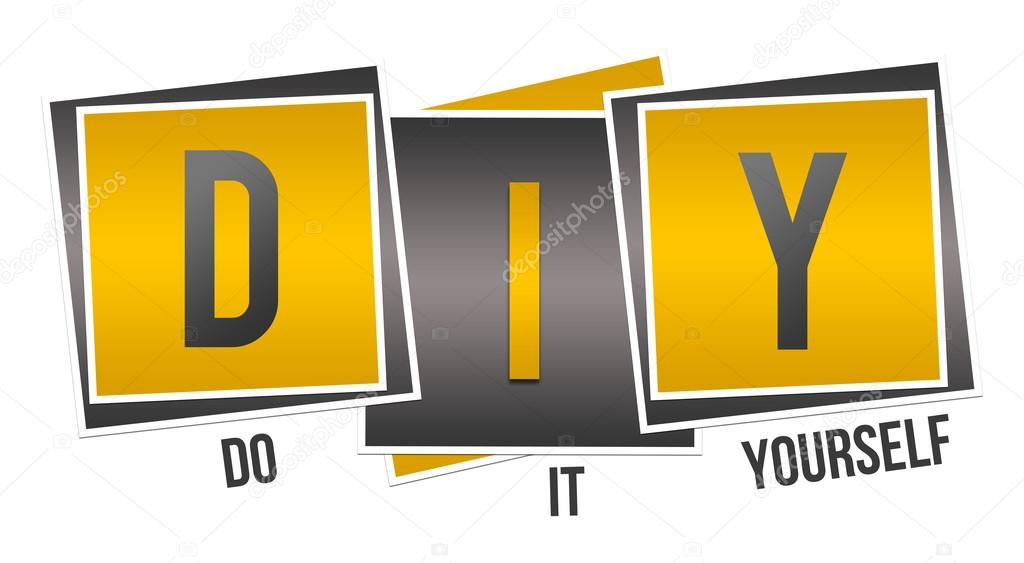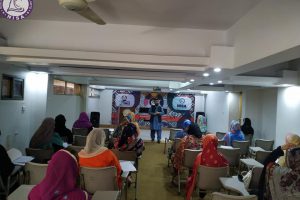DO IT YOURSELF

Written by HAFIZA SHANZA ZAHID, GRADE 9th NISA STUDENT | 20 Sep 2021
“Buy less, choose well, and do it yourself said, Vivienne Westwood”.

Do it yourself is the strategy for building, adjusting, or repairing things without the immediate guidance of specialists or experts. The term DIY more extensively covers a wide scope of ranges of abilities. DIY has been portrayed as a “self-made culture” of making, altering, designing, and fixing things with no special training. DIY has developed to turn into a social idea with individuals sharing thoughts, plans, strategies, techniques, and completed ventures with each other either on the web or face to face. Scholarly exploration depicted Do it yourself as a practice where people use raw and semi-raw materials and parts to change, transform, or recreate material belongings.
It is a straightforward concept. You can do a particular task without hiring a professional such as an interior designer for home décor etc, or without buying goods from stores such as pots for planting flowers, etc. DIY is about you searching out the information and building up the aptitudes you need to accomplish something for which you pay to others. This concept is not just limited to altering or fixing things, but It also encompasses activities such as cutting your hairs, gardening, or decorating your rooms.
DIY is beneficial in many ways, additionally effects on human wellbeing either physical or mental. DIY helps in reducing stress, as when you are stressed you can engage yourself in some sort of DIY ventures or projects, such as craft making, cake decorating, and so on. In the venture, you’re probably going to find yourself reviling the guidelines or stressing over some part that doesn’t fit very right, but this may induce the release of endorphins which helps reduces stress. On the other hand, sense of accomplishment or achievement comes from completing a project, this induces the release of dopamine which is one of the happy chemicals in our bodies. If you become a regular DIYer, you’ll find that your sense of confidence and self-esteem keeps on developing as you get more aptitudes and grow better propensities this will improve your psychological well-being which has a direct impact on your physical wellbeing.
You meet new people who have the same leisure activities or who had made the same project. You might find some social forum from where you get help. This encourages you to make new companions that have a direct impact on your emotional wellbeing. Likewise becoming a DIYer has a positive effect on critical thinking capacities just as on creative mind power.
The other significant aspect of becoming a DIYer is that one learns new skills. This learning creates new pathways in your brain and improves hand and eye coordination. Likewise learning new things is fun and satisfying. This also allows you to become more active and creative.
Considering its monetary advantages, becoming a DIYer helps you earn money. You can sell your products on social media or in markets as well. Then again, one can set aside cash by making things at home with crude materials.
Putting energy and time into something that you love and that rewards you with a feeling of achievement, certainty, and new companions is surely justified, despite any trouble. Concluding this topic by a quote said by Napoleon Bonaparte “If you want a thing done well, do it yourself”.








